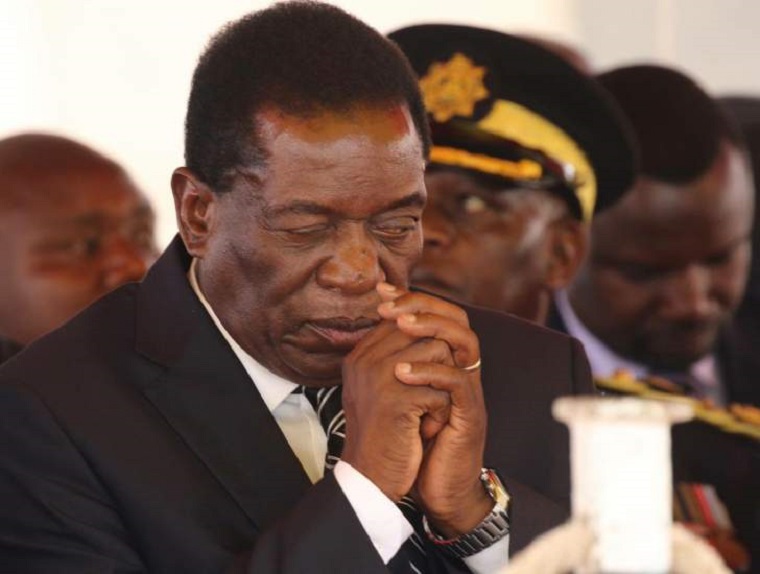Our foreign exchange earnings up to March this year already show we are 20 percent higher than same time last year. Chances are very high we will achieve over US$12 billion in foreign exchange earnings this year, what with the good showing in agriculture, mining and tourism. Some US$2,4 billion in deposits are now in our banks, six times more than the US$400 million held at the best of times under the falsely eulogised GNU. The prospects are very bright.
All of the above positive factors are showing in our daily transactions.
Seventy percent of national transactions are now being conducted in United States dollars, with the remaining 30 percent accounted for in Zimbabwe dollars. The opposite was true at the start of the Second Republic. All this shows more widespread availability of foreign exchange, something which ordinarily should work in favour of the local unit.
For manufacturers and retailers, over 80 percent of their domestic transactions now are United States-dollar denominated, with only 20 percent accounted for in the local unit.
All this money is being allowed to remain with Business, as a deliberate Government Policy to support the sector. Meanwhile, we have not only allowed wages to remain stable; we have also kept them largely in the local unit, thus making Labour shoulder a disproportionate burden in the whole transition.
Let me remind our Business of a few facts, some echoed in almost all jurisdictions globally. At law and by worldwide practice, all foreign currency earnings should be surrendered to Government, through the Central Bank, as obtains worldwide. Worldwide, businesses access foreign exchange for their needs from Central Bank, through cumbersome processes and on the basis of market conditions.
Here, we have waived that position at law, and in general practice worldwide, hoping to prop our business sector, and for ease of doing business.
This act of magnanimity now looks undeserved.
Second, we are a multicurrency market as a deliberate Government decision. This makes the business environment in our country peculiarly unique in a way most favourable to Business. Yet this is now being contradicted.
Any business practices which suppress the use of any one currency recognised by our laws are both illegal and do undermine this unique and most favourable position which is found nowhere else in the world. The offence gets worse when these illegal practices seek to outlaw the use of the local currency unit, itself our National Currency and currency of wage earnings.
Thirdly, there are measures we put in place to cushion Business against constraints imposed on it and on our society by the Covid-19 global pandemic. Needless to say, these were only meant to last for as long as the threat of the pandemic persisted. They do not translate into a new and permanent regime of claimable rights and concessions by whomsoever. Like all measures arising from exigencies, they are time-honoured. Yet today there seems to be an expectation that such situational measures are now a right to be demanded.
Fourth and most exasperatingly, when 20 percent of our transactions were conducted in foreign currency, and 80 percent in local currency, the demand for foreign exchange at the auction averaged US$20 million weekly. Today, when we find ourselves in 80-20 percent reverse transaction equation in favour of foreign currency, the demand for foreign exchange at the same auction, and by the same Business now directly selling more wares in United States dollars, has risen to US$30 million a week! How does one explain such a paradox?
Continued next page
(205 VIEWS)


